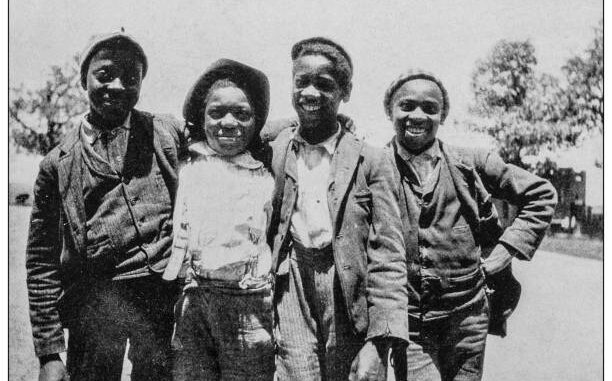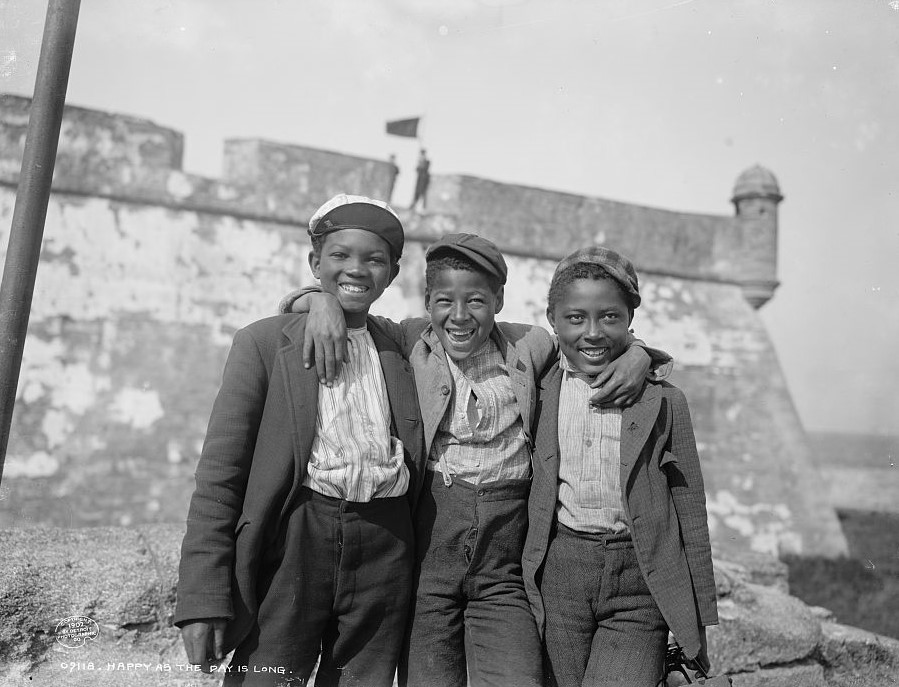
In the early 20th century, specifically around 1900, African American teenagers faced a harsh reality filled with inequality and racial discrimination.
This was the era when the “Jim Crow” laws were still deeply entrenched in the southern states, enforcing a system of segregation that severely limited the rights and opportunities of Black Americans. For young African Americans, dreaming of a brighter future was a challenge fraught with obstacles.
At this time, African American teenagers often lived in segregated communities, where access to quality education, jobs, and basic resources was extremely limited. Schools for Black children were typically underfunded, lacked proper facilities, and offered a curriculum that paled in comparison to that of white schools. This disparity in education stifled their intellectual growth and limited their future prospects.

Despite these injustices, African American teenagers nurtured hope and resilience. Families, communities, and churches played a crucial role in providing them with support and guidance. Within these Black communities, churches and local organizations were not only places of worship but also sources of inspiration, encouraging young people to strive for change in the face of adversity.
These teenagers also bore witness to the brutality of lynching and the degradation of Black dignity through discriminatory laws and social practices. However, their courage and belief in a better future drove many of them to fight for justice and civil rights. The strength they showed during such a tumultuous time laid the foundation for the Civil Rights Movement that would emerge later.
In 1900, African American youth were not only constrained by a deeply flawed social system but also stood up to create change. They took the first steps toward significant achievements in civil rights, contributing to a legacy of hope, resilience, and perseverance. These teenagers planted the seeds of faith, determination, and progress that would fuel the major changes in America’s history for years to come.
